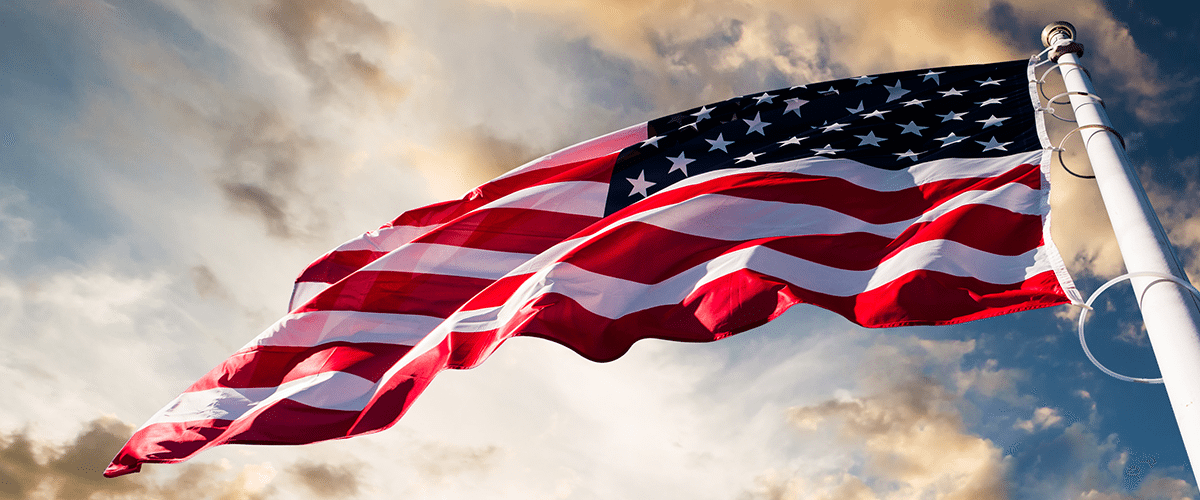The U.S. Drug Czar and senior advisor from the Office of National Drug Control Policy have both publicly said the decision on marijuana legalization should be placed on state lawmakers.
Two senior federal drug policy officials, including the national drug czar, have come out with public statements placing the responsibility of cannabis legalization under state, not federal law.
Earlier this month, Jim Carroll, the Donald Trump-appointed drug czar, made statements about what level of government he believes should be responsible for making decisions on marijuana legalization. Carroll made a visit to Indiana to speak with law enforcement officials about the opioid crisis and the work they are doing in Indiana to help those in need.
Kayla Sullivan, a Fox 59 reporter, was able to have a one-on-one interview with Carroll. She said after asking the U.S. Drug Czar about who should be in control of marijuana legalization, she got an answer.
“He believes it should be left up to the state. However, he does want to educate people on the effect marijuana has on young brain development, pregnant women and wants to come up with better guidance & testing for marijuana while driving,” Sullivan tweeted.
Got the answer: He believes it should be left up to the state. However, he does want to educate people on the effect marijuana has on young brain development, pregnant women and wants to come up with better guidance & testing for marijuana while driving. https://t.co/eifryNJB1j
— Kayla Sullivan (@KaylaReporting) August 14, 2019
Anne Hazlett, who serves as senior advisor for the Office of the National Drug Control Policy (ONDCP), made it clear in a recent interview that she too thought marijuana legalization should be up to the states. Hazlett also told WMBD-TV that additional research is needed.
“Marijuana is an ongoing challenge that is being addressed in many of our states,” she said. “This is a state decision, and we would like to see additional research done so that those decisions being made at a state level are being made in a manor that is fully informed.”
Carroll and Hazlett are not the only ones requesting more cannabis research. On Monday, the Justice Department announced after the threat of a lawsuit by scientists that it will broaden access to medical marijuana for research purposes by expanding the number of certified cannabis growers. As of now only one site is certified to cultivate marijuana for federal research purposes– the University of Mississippi.
The primary purpose of the Office of the National Drug Control Policy (ONDCP) is to combat drug addiction and to develop and implement drug policy. The ONDCP Director, known as the drug czar, is appointed by the president to serve as the principal advisor on drug control issues.
Where is Cannabis Legal in the U.S.?
Currently, 47 states, plus Washington D.C., have legalized marijuana in some form. Support for legalization is at higher rates in the U.S. than ever before. According to nationwide polls, 6 out of 10 Americans support full legalization.
Eleven states, as well as the nation’s capital, have legalized recreational marijuana and 33 states have comprehensive medical marijuana programs in place. However, marijuana is still listed as a Schedule I Controlled Substance under federal law.
Due to this divide between states and federal law, many critical aspects of cannabis market growth have been disrupted. Banking and other financial institutions have been slow to develop or initiate business with cannabis companies due to fears of federal penalties.
Cannabis research, which is essential for developing federal regulation, has also been lacking because of complexities created by federal marijuana level. Pressure continues to mount on federal government agencies to address cannabis legalization, scientific and medical research, as well as banking regulation.
More on Cannabis Policy
Want more? Check out our news page for the latest reports on cannabis policy, business and scientific research.






